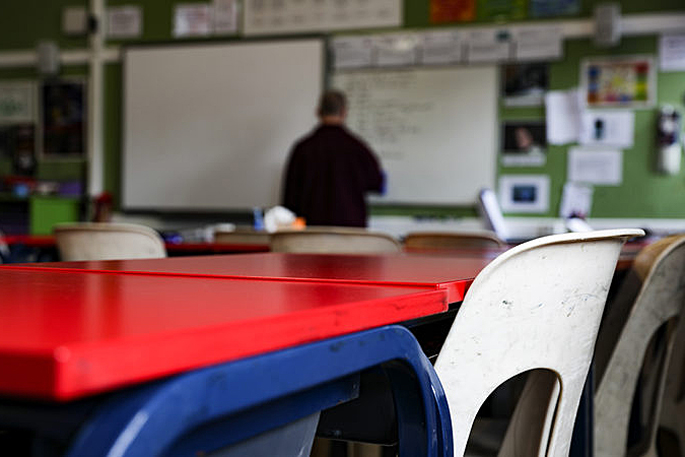New research shows 72 per cent of primary school principals think too much is being asked of schools.
Results from the NZ Council for Educational Research shows this figure is up from 53 per cent in 2016, and 42 per cent in 2013.
The NZCER 2019 national survey of primary schools was sent to principals, teachers, school trustees, and parents at a representative sample of 350 primary and intermediate schools. Responses were received from 145 principals, 620 teachers from 181 schools, 126 trustees, and 395 parents from 170 schools.
The results show that Principals in 2019 have higher stress levels, are more tired, and more say they do not have enough time for educational leadership.
The latest three-yearly National Survey of English-medium primary schools by NZCER show that more attention is being paid to improving the school experiences and outcomes for Maori students, Pacific students, and students with disability or learning support needs in 2019 compared with 2016.
Some positive shifts in how schools support student wellbeing are also evident, and teachers and schools are more alert to students' mental health needs.
Parents' views of their child's school experience and learning remain positive. More parents saw their child's teachers as committed and enthusiastic, and felt their child's cultural identity was recognised and respected than in 2016.
'There are some really positive changes occurring in primary schools,” says Dr Cathy Wylie, Chief Researcher.
'However, the survey findings also point to the need for schools to have more support.”
Other key results include:
- 63 per cent of principals identify support for students with mental health or additional wellbeing needs as a major issue for their school.
- 41 per cent of principals still need but cannot access external expertise to implement reliable strategies to improve Māori student learning
- 25 per cent of primary teachers often experience student behaviour that causes serious disruption in their class, and another 42% experience this sometimes.
- 24 per cent of teachers feel unsafe in their class occasionally in 2019, double the twelve percent in 2016.
- Parents of students with disability or learning support needs are less positive than other parents about their child's learning and school experiences.
Although the survey response rate were relatively low, the responses came from a broadly representative spread in terms of school characteristics.
Established in 1934, the NZCER is an independent research and development organisation, operating under its own legislation. NZCER plays a leading role in research, developing tools, and providing services that drive effective learning and positive change in policy and practice.
Find the full findings and summary at: https://www.nzcer.org.nz/research/national-survey



0 comments
Leave a Comment
You must be logged in to make a comment.